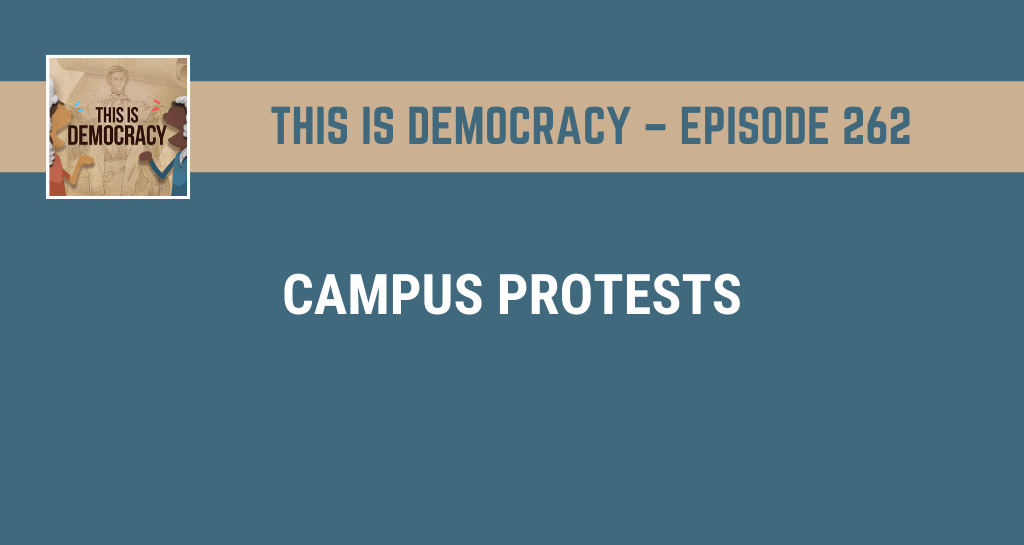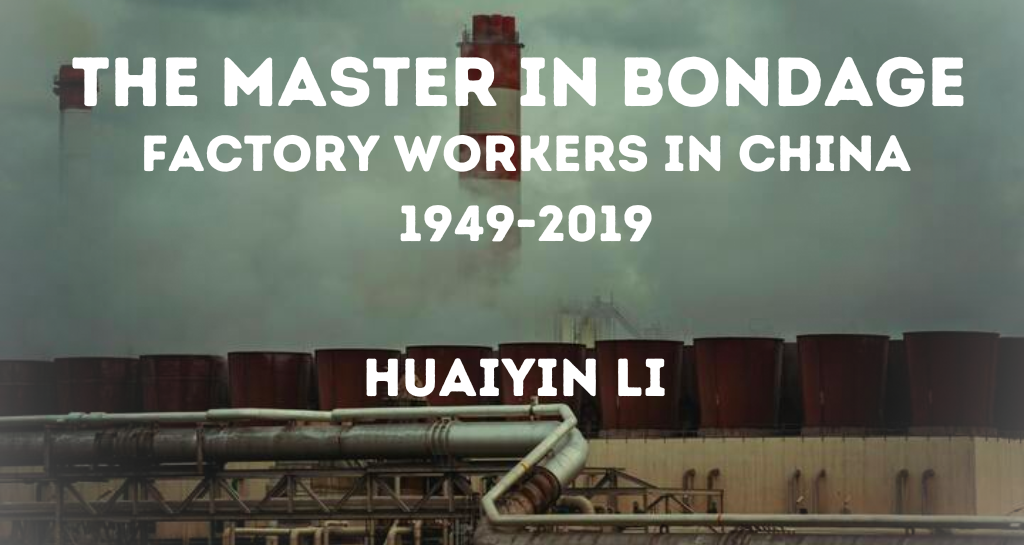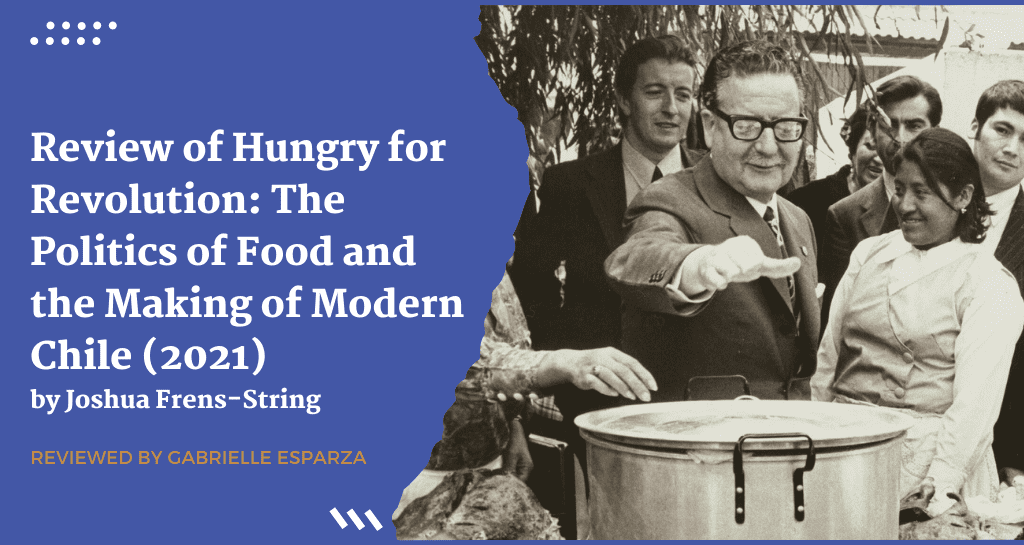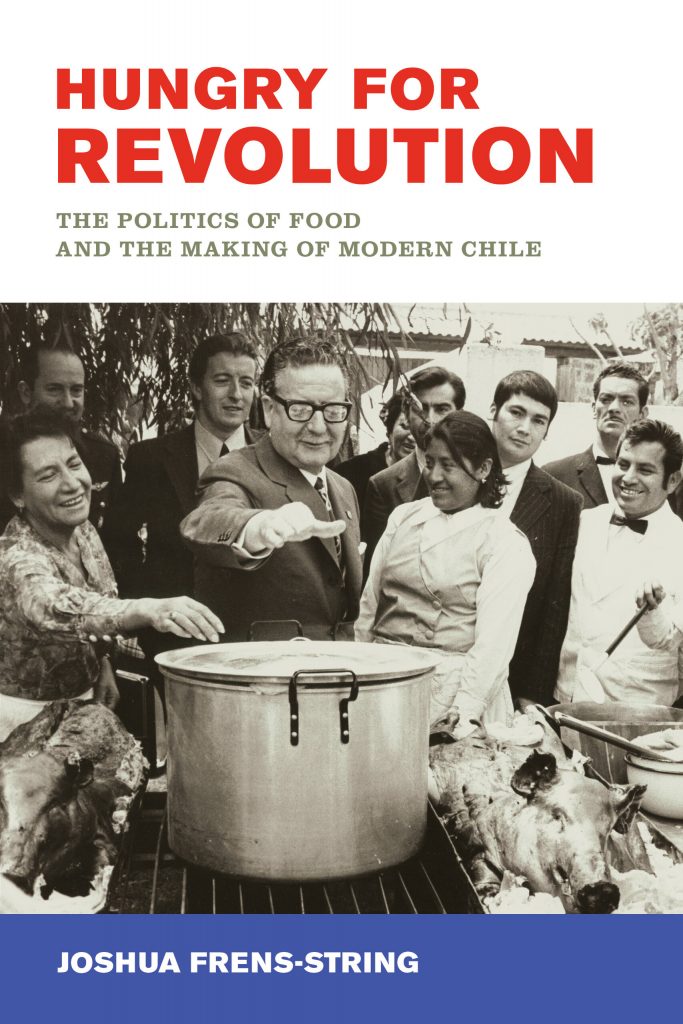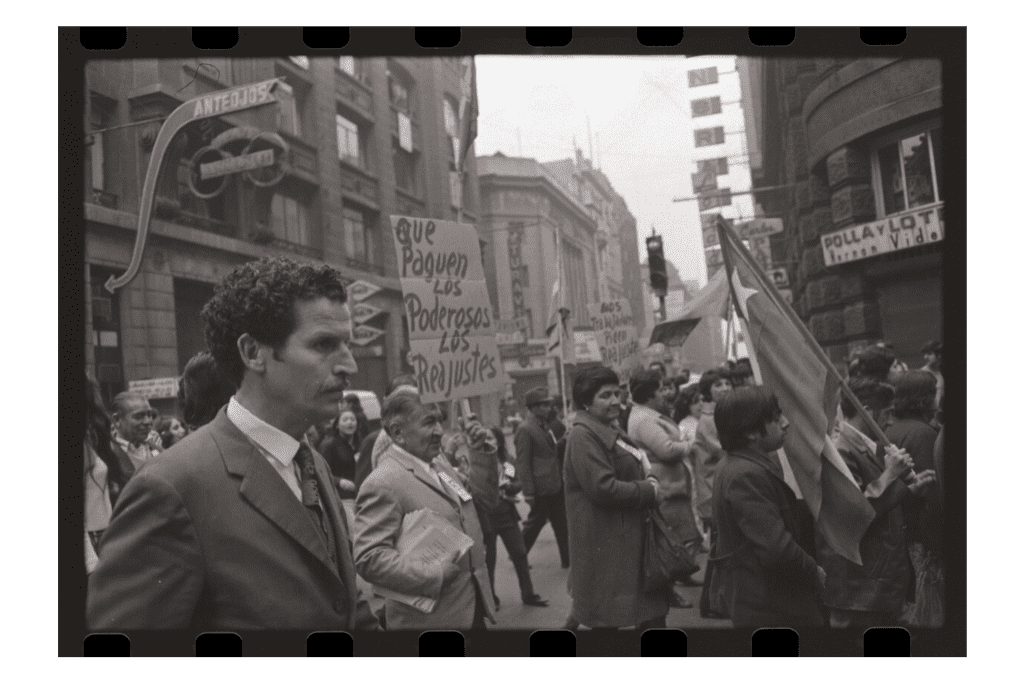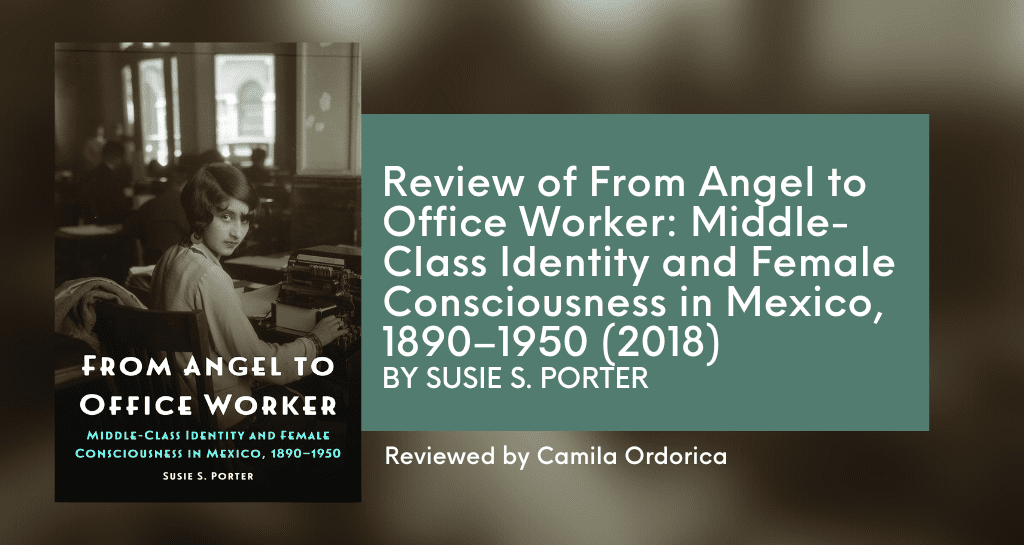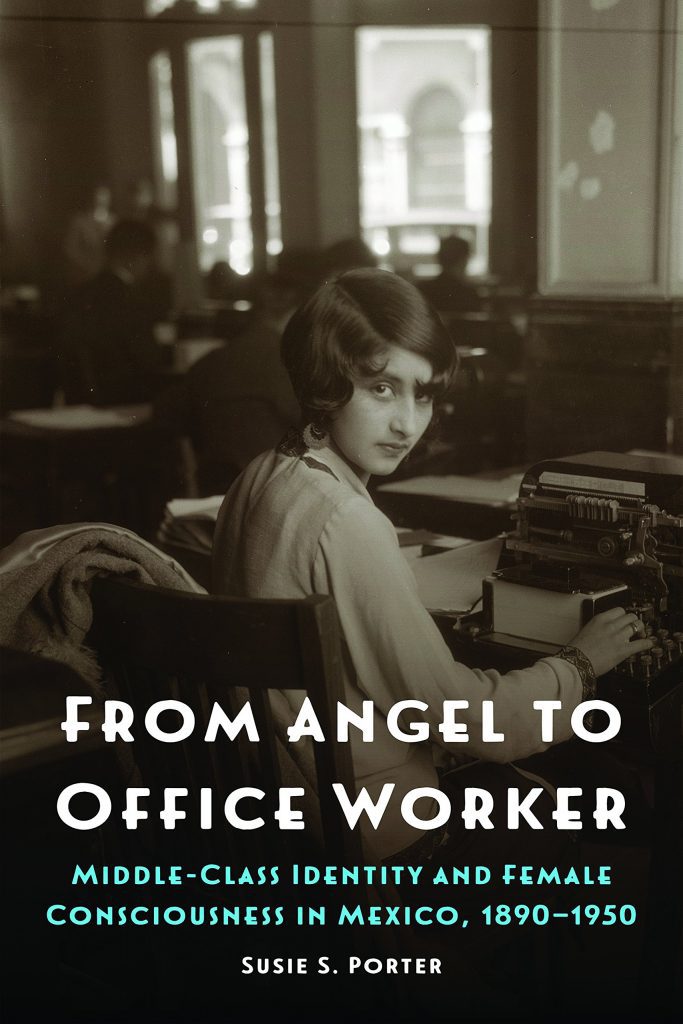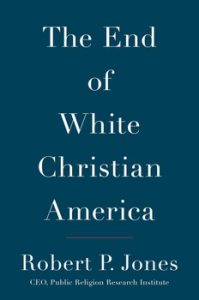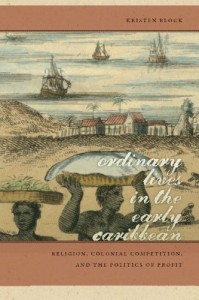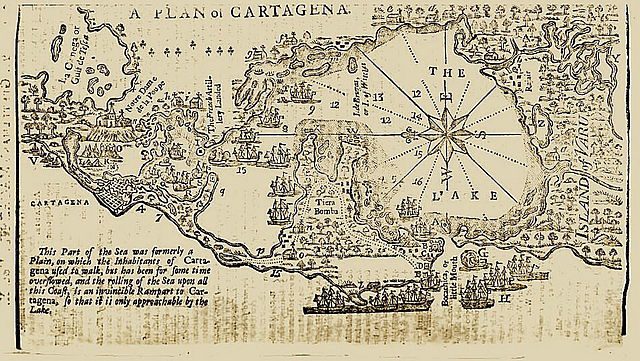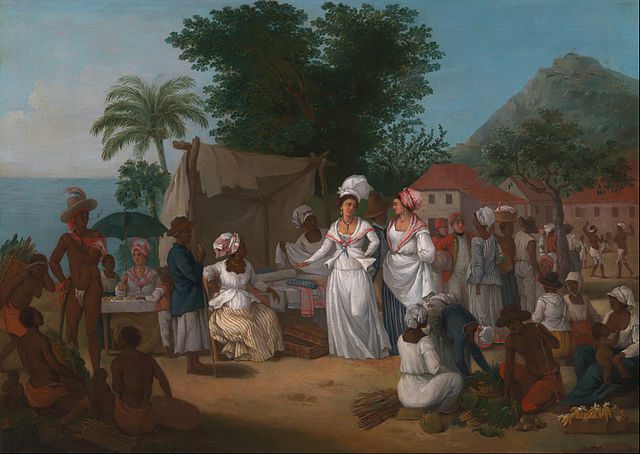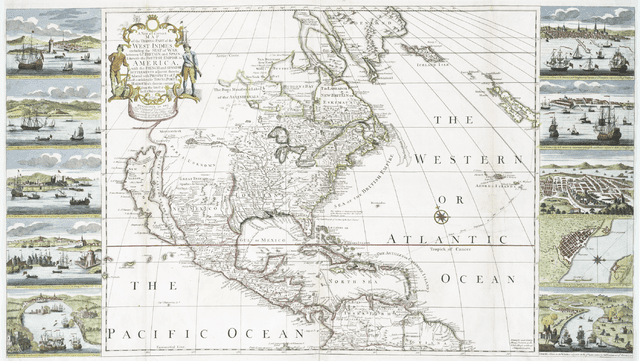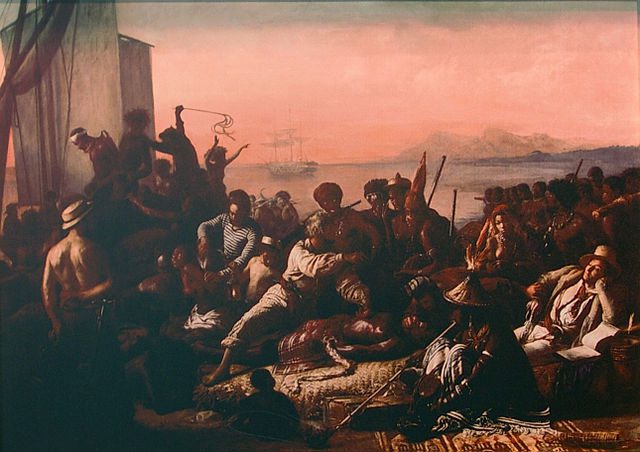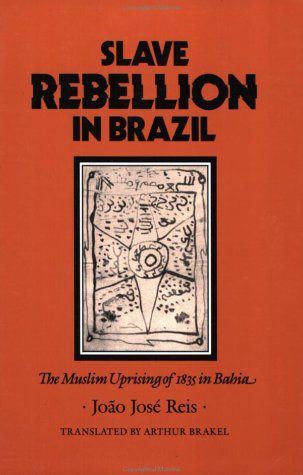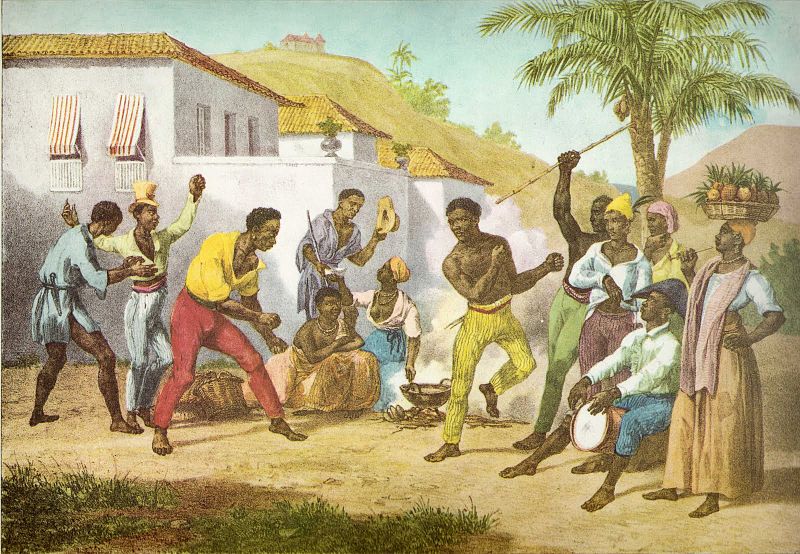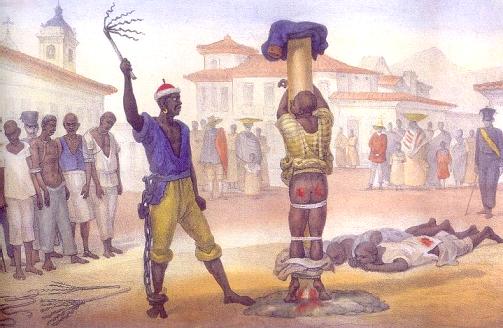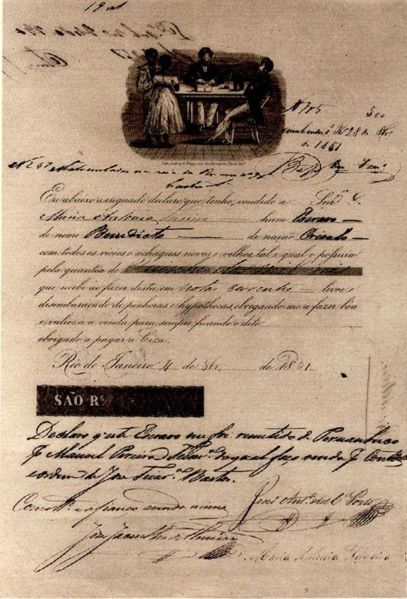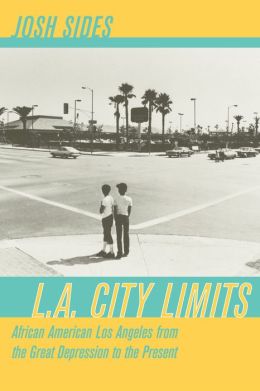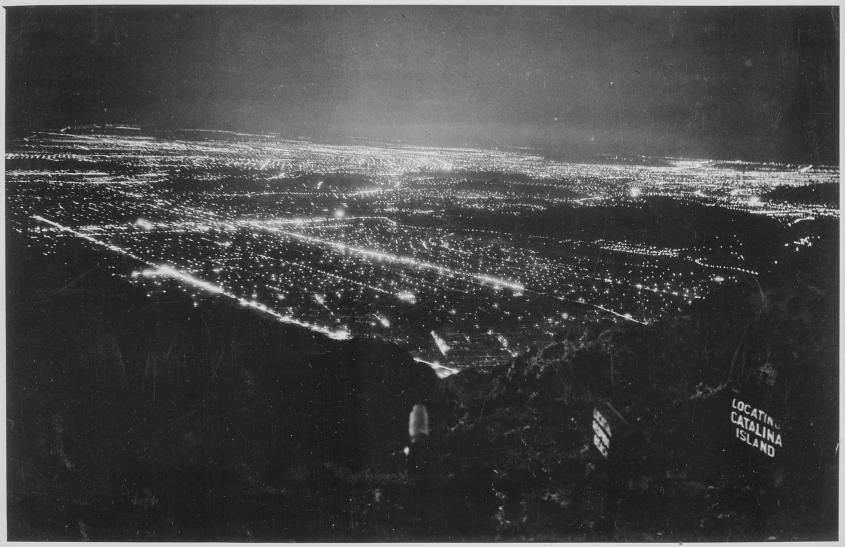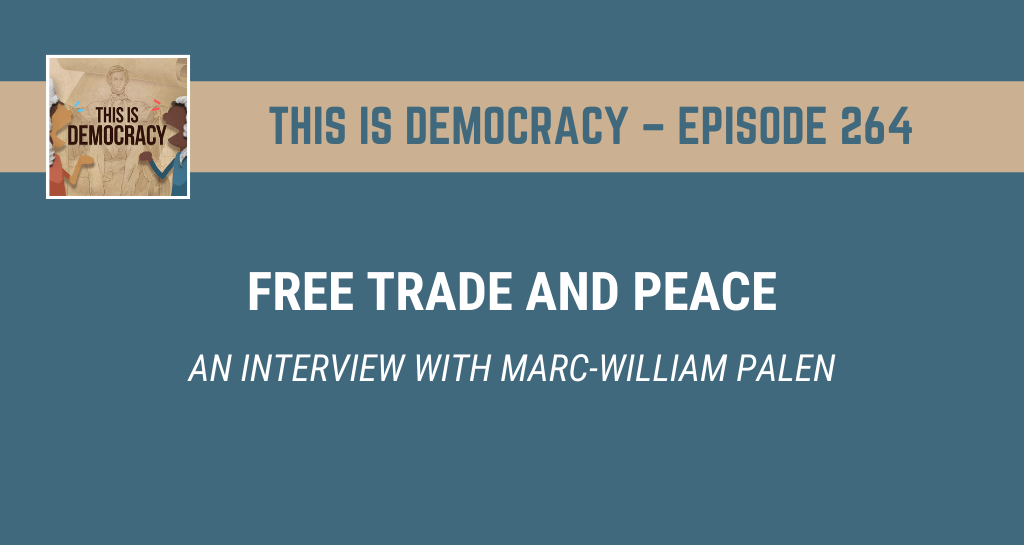
This week, Jeremi and Zachary are joined by Dr. Marc-William Palen to discuss the history of free trade and associated hopes for international peace.
Zachary sets the scene with his poem entitled, “A World at Sail.”
Marc-William Palen is a historian at the University of Exeter. His new book, Pax Economica: Left-Wing Visions of a Free Trade World (Princeton University Press), was published in early 2024 and has been named among the year’s “best books” by the New Yorker. His other publications include The ‘”Conspiracy” of Free Trade: The Anglo-American Struggle over Empire and Economic Globalisation, 1846-1896 (Cambridge University Press, 2016). His work has also appeared in Le Monde, Time Magazine, the Washington Post, the Australian, and the New York Times.
